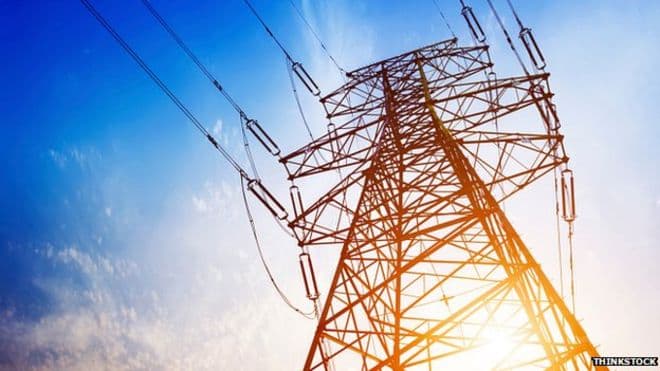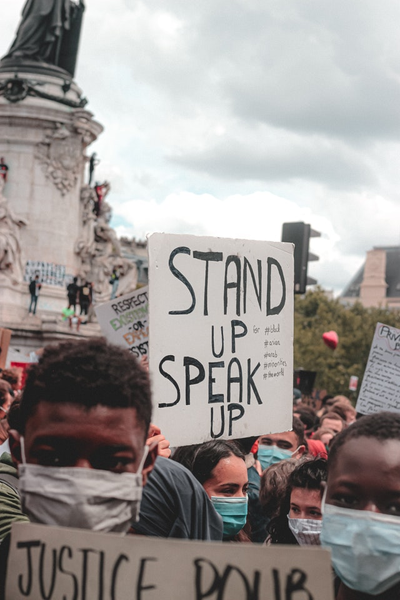Power Sector Reform must be completed – The President, Lagos Chamber of Commerce and Industry, Dr. Nike Akande, discusses how to move the nation’s economy forward in this interview with Anna Okon

What is the nation’s economic outlook for 2016?
With the cabinet in place, ongoing budget processes, drive for economic diversification, concerted efforts against corruption and the various reforms in the critical sectors, we expect to see positive developments in the economy.
This year (2016), Gross Domestic Product growth is expected to rebound, though slowly, if the right mix of fiscal and monetary policies is put in place to stimulate the economy and attract domestic and foreign investments.
While the recovery is expected to be driven by increase in government expenditure, the growth in oil sector may be constrained still by low price and dragging investment drive.
The Treasury Single Account is also expected to plug leakages, curb corrupt tendencies, increase revenue to government and thereby improve funding for government projects.
The Managing Director, International Monetary Fund, Christine Lagarde, recently paid a visit to Nigeria. The core of her visit were issues bordering on drastic fall in government revenue occasioned by the plunge in global oil prices, budget deficit financing, economic diversification and lots more. What is your take on these issues?
We must recall that the new political administration led by His Excellency, President Muhammadu Buhari came into power on May 29,, 2015 at the time the country was facing serious economic challenges as you earlier highlighted.
The challenge faced by the economy, as a result of the decrease in oil revenue, which prompted fiscal imbalances, is a global phenomenon especially among the oil-exporting countries. We need international cooperation and partnership as there is, obviously, no easy way out of the crisis. Therefore, the visit of the IMF boss is, indeed, timely as it offers us the opportunity to deliberate on these issues towards fostering the international partnership and cooperation, especially with the Fund.
Above all, the government needs to develop other sectors of the economy like manufacturing, agriculture and solid minerals and service sectors to strengthen the current economic cord.
The way to do this is to create an enabling environment in terms of the right infrastructure, affordable long-term financing and the right policies.
Nigerians are very enterprising. Once the environment is right, Nigerians will make things happen. We also need to patronise made-in-Nigeria products to encourage our local manufacturers.
There had been persisting scarcity of petroleum products leading to long queues at filling stations, traffic congestion on the roads and loss of man hours. What is LCCI’s position on the downstream petroleum sector?
The persistent fuel crisis in Nigeria again underscores the need to urgently review the current policy framework of the oil and gas industry, especially with regard to the petroleum downstream sector. We commend the efforts of the government in revamping the refineries with a view to reducing our fuel importation in the coming years. We hope to see a situation where eventually all our refineries are operating optimally and the private sector should be encouraged to participate more in the sector thereby creating jobs for Nigerians.
The private sector is ready to partner the government to make these efforts work as government must not be left alone in these endeavours.
How have your members been coping with the challenges of electricity supply and consumption in Nigeria? And what is the way out?
The power situation has been a challenge from time past and fixing it will require consistent investments in that sector. The present administration has shown that power supply is one of its top priorities.
The Honourable Minister of Power, Works and Housing, Mr. Babatunde Fashola, who was the governor of Lagos State, is known to be a go-getter.
I believe private sector businesses are ready to pay for electricity once it is available. I urge the government to continue with the pace of reforms in the sector to ensure that more electricity consumers have meters. Read more



